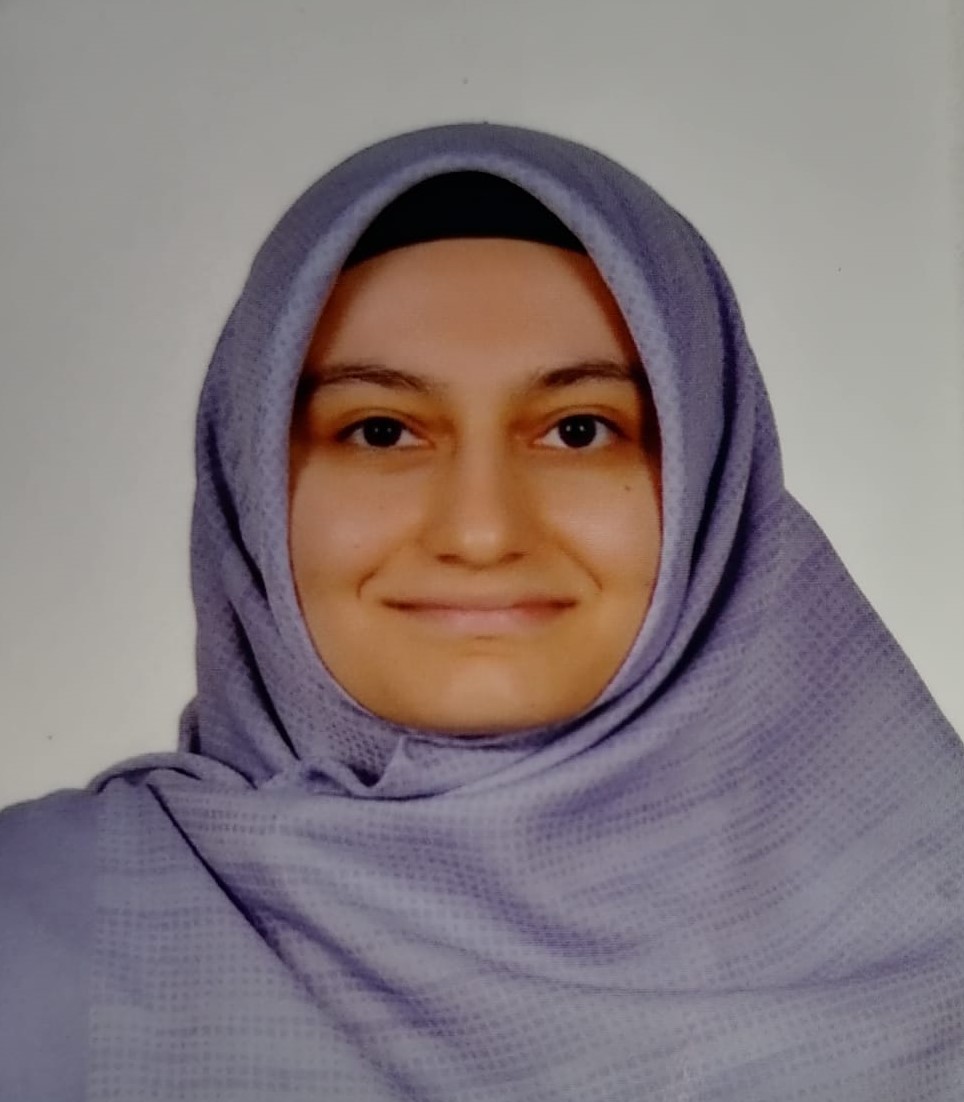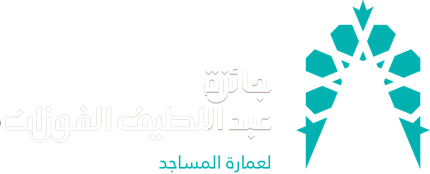REFERENCES
AKIN, Ahmet. "An Essay on Mosque and Its Functions in the Historical Process". Journal of Divinity Faculty of Hitit University 15, sy 29 (June 15, 2016): 177-209.
AYTAÇ, Ömer. "Deconstruction of the Tourist Gaze: Tourist Experiences and the Problem of Authenticity". Sosyologca 2, sy 4 (August 29, 2024).
DERELI, Mustafa Derviş. "Religious Buildings Abandoned to the Tourist Gaze in Modern and Postmodern Urban Fiction". Bilimname, sy 45 (October 31, 2021): 185-218.
DİKER, Melisa and ÇOLPAN ERKAN, Nilgün. "Worship Buildings in City Identity: Antakya Case". Journal of Planning, 2017, 180-92.
DOĞAN, Aslı. "Authentic Places as Tourism Metaphors". Journal of Current Debates in Social Science, sy 5 (2022): 133-42.
DÜK, Bihter. "Comparative Sociological Analysis of Domestic and Foreign Tourists in Cultural Tourism: The Case of Bursa". Master's Thesis, Izmir Bakırçay University, 2024.
EKİCİ, Remziye. "Analysis of the Reflections of Tourism Experiences on Photographs According to Tourist Gaze Typologies". Doctoral Dissertation, Akdeniz University, 2018.
KAPLAN, Yusuf. "Archeology of the Tourist Gaze: A Socio-Cultural or Filmographic Pilgrimage Essay". Umran Dergisi, sy 84 (August 2001): 45-52.
KOÇER, Gülsemin. "Exploring the History of Tourism: The Birth of Modern Tourism and the Lure of the East". Near East Hıstorıcal Revıew 10/3, sy 10/3 (2020): 327-44.
ÖZCAN, Hüseyin. "Islamic Education History in Mescid and Mosque Functions". Master's Thesis, Marmara University, 1994.
ÖZGÜREL, Gizem. "A Study on the Interaction between Resident Foreigners and Local People in Tourism Destinations", 2020.
POLAT, Semra Aktaş. "A Research on Temporary Behavioral Changes (Liminoid) Exhibited by Tourists during Vacation Periods", 2013.
TOKER, Arzu. "Tourist Perspective". Journal of Eurasian Tourism Research 2, sy 2 (December 31, 2021): 92-101.
YAZGAN, Çağdaş Ümit. "A Classic in Tourism Sociology: The Tourist View". Nevşehir Hacı Bektaş Veli University SBE Journal 10, sy 1 (June 22, 2020): 74-77.
YAZICI, Nesimi. "The Place and Importance of the Mosque in terms of Religious Services". AÜIFD, sy 2 (2007): 1-10.
YILMAZ YILDIRIM, Demet and YETİ̇M, Şeyma. "An Evaluation on the Relationship between Religious Buildings and Urban Identity: Trabzon Example". IDEALKENT 11, sy 31 (December 31, 2020): 1856-81.
ZUBIRI, Daniel Carmona. "The Tourist Gaze 3.0 (La mirada del turista 3.0): John Urry y Jonas Larsen. Sage Publications (2011)". PASOS Revista de turismo y patrimonio cultural 13, sy 1 (2015): 261-64.

